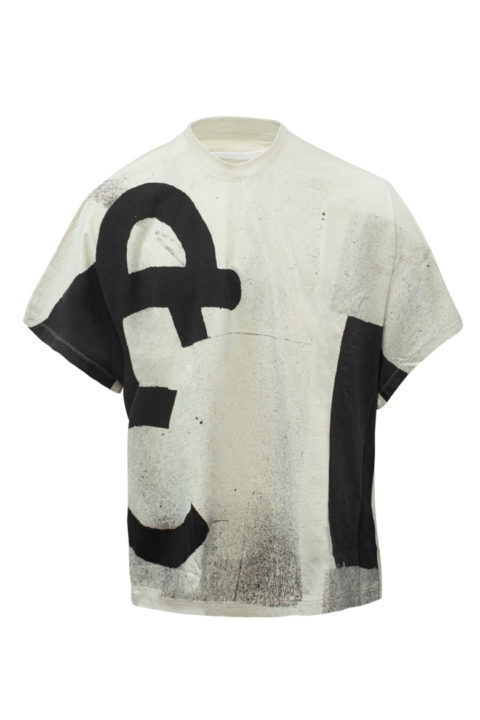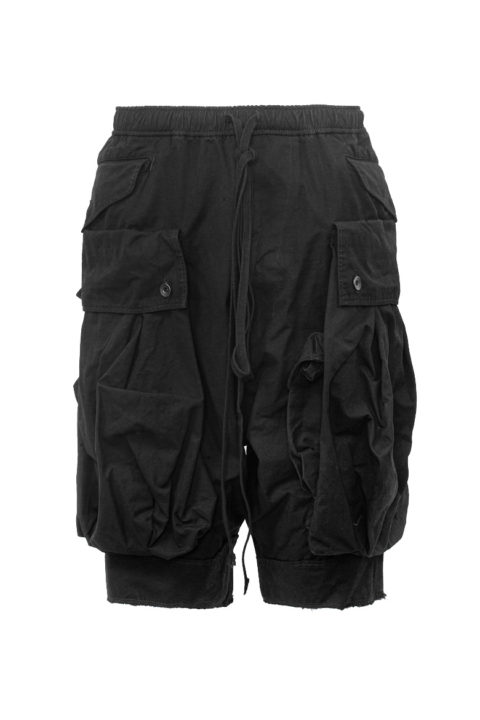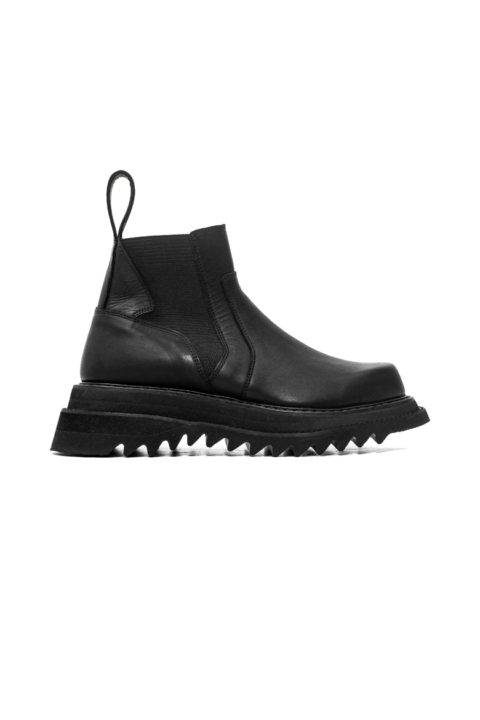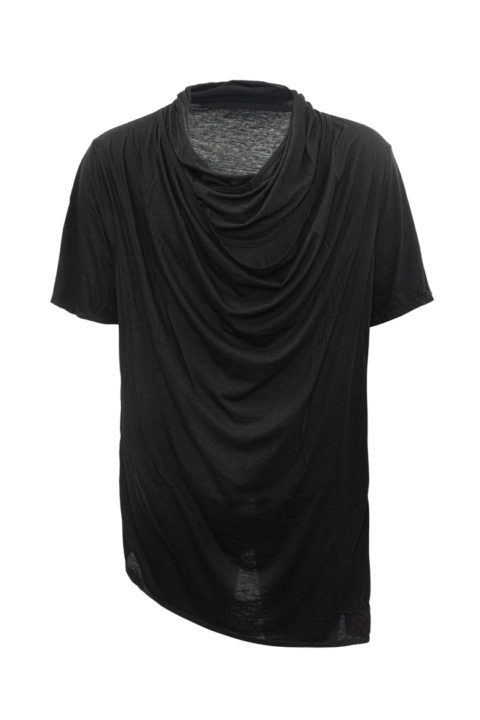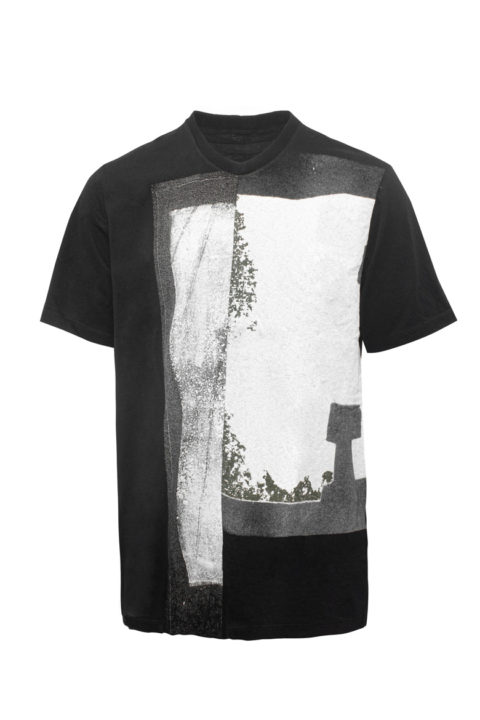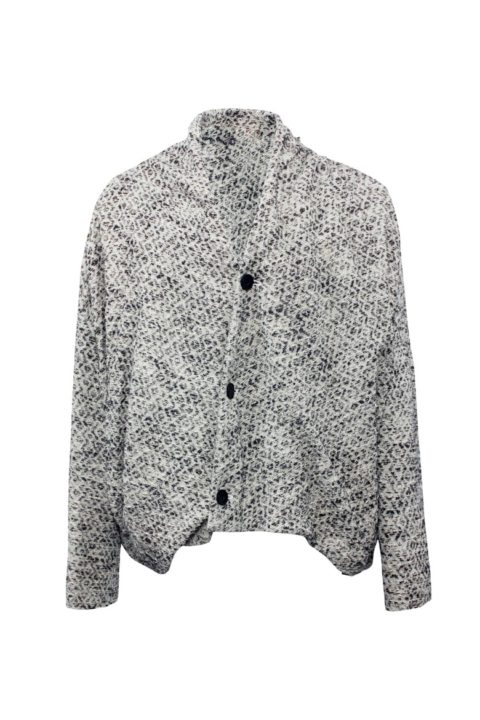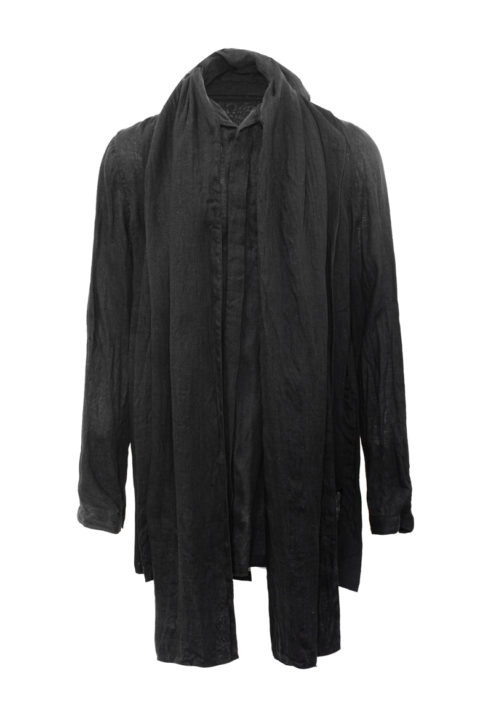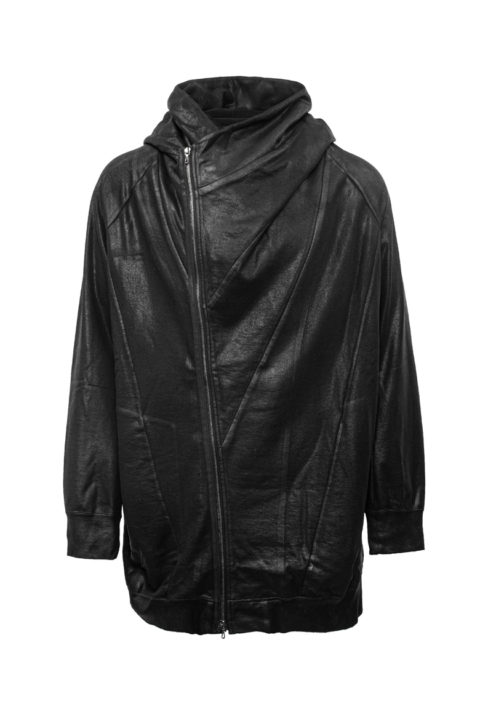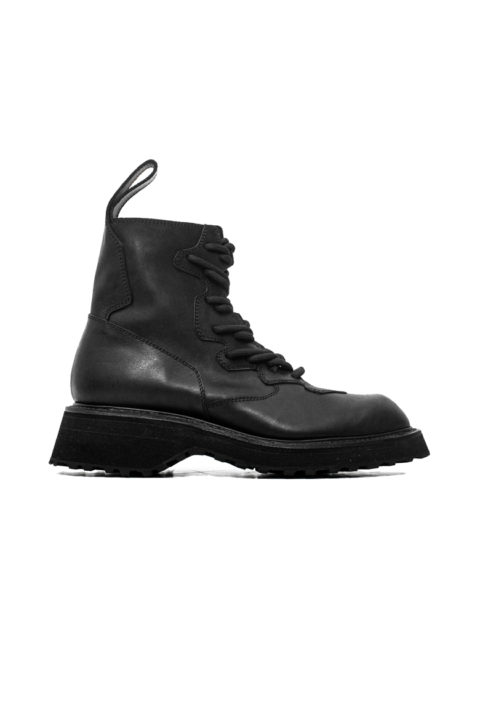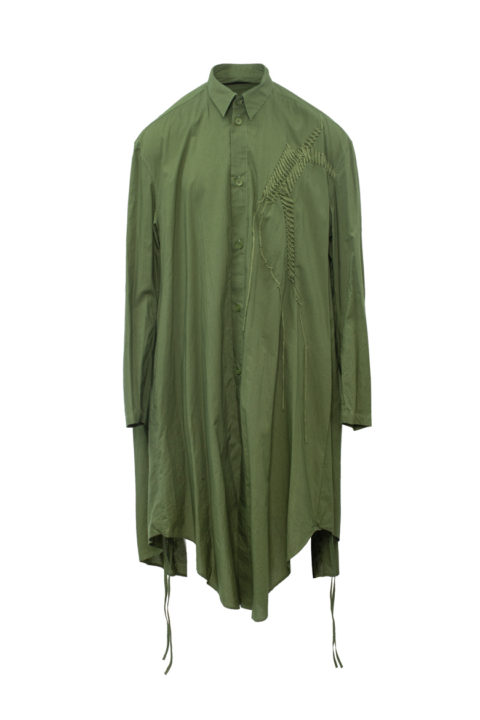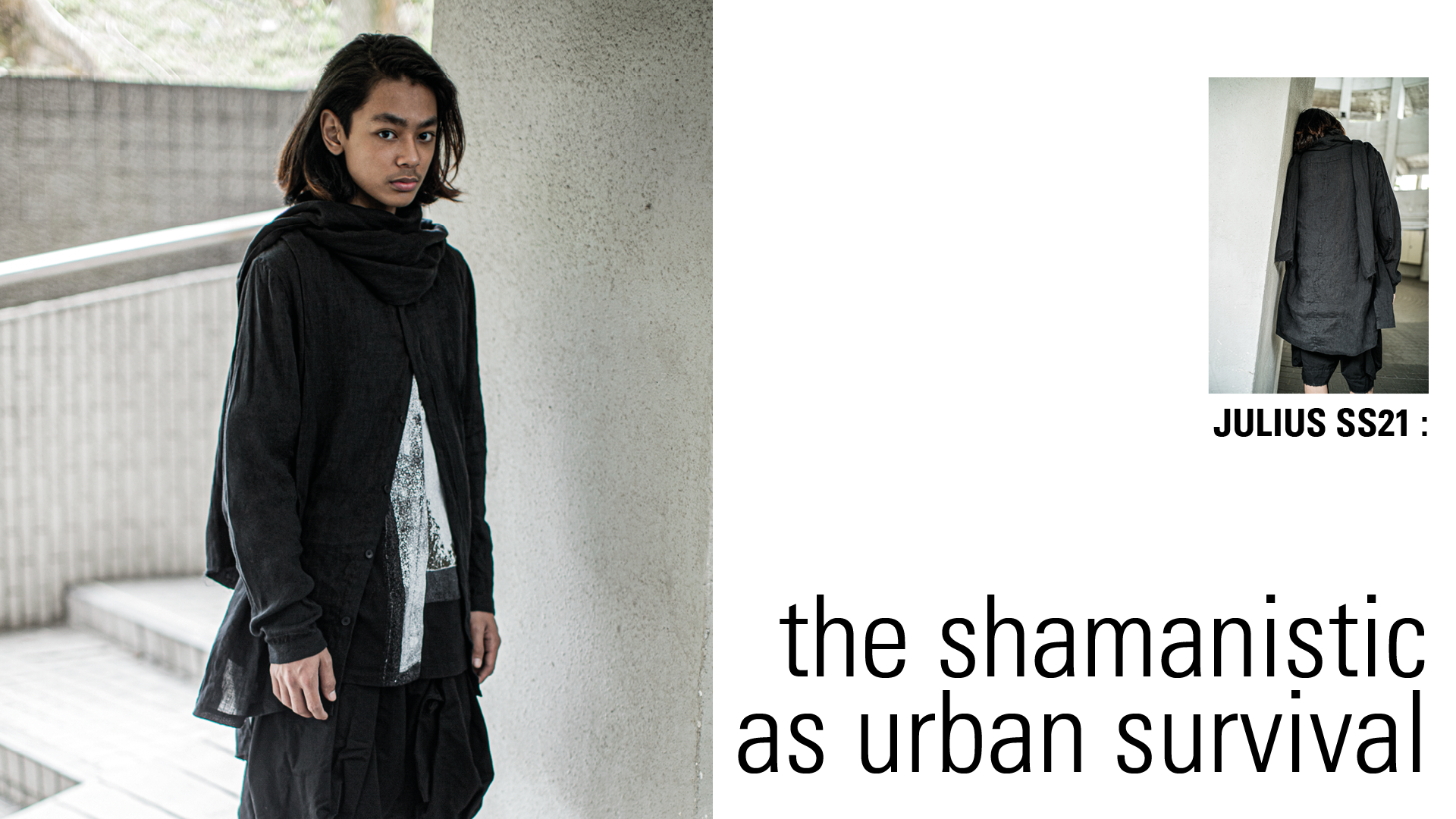
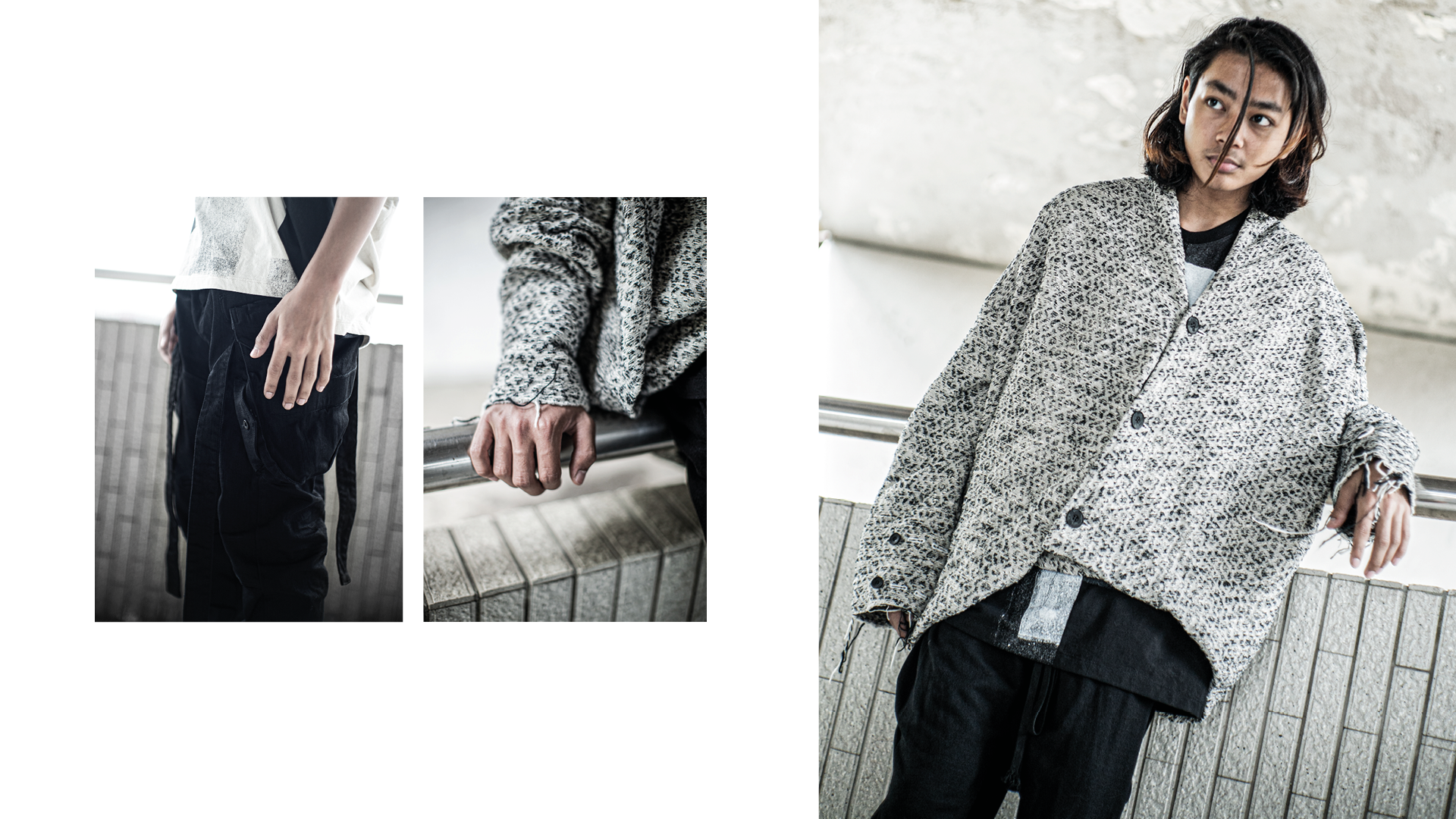
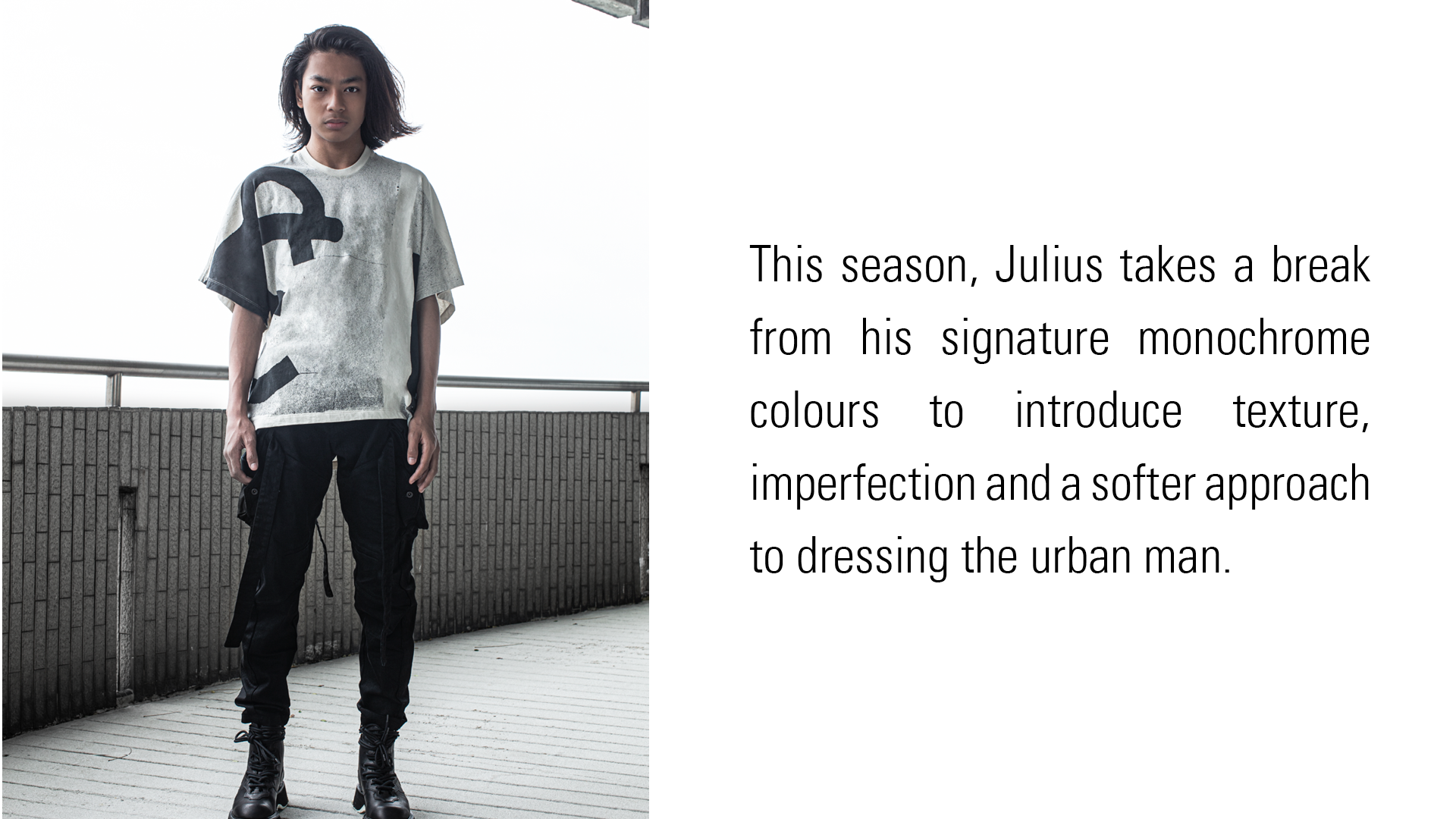
Founded in 2001 by Tatsuro Horikawa, Julius was first conceived as a long-term visual art project which eventually evolved into a clothing label. As an ex-video jockey, Horikawa, has long been fascinated by the elements of punk, rave, industrial and techno music. In his early 20s, you would find him creating the set for underground gigs in Tokyo. Meticulous to a tee, the lighting, the posters, location dressing, and even the team’s outfit were the moving parts that he considered important. Impatient with the limitations of a printed event t-shirt, Horikawa started designing looks for his team.
Whilst music is a lasting motivation, he is not afraid of infusing it with his studied interest in the aesthetics of spirituality. The draping of monastic robes is something he repeatedly incorporates into his collections. In many interviews, Horikawa also waxes lyrical about the symbolic possibilities of black, his colour of choice when designing.
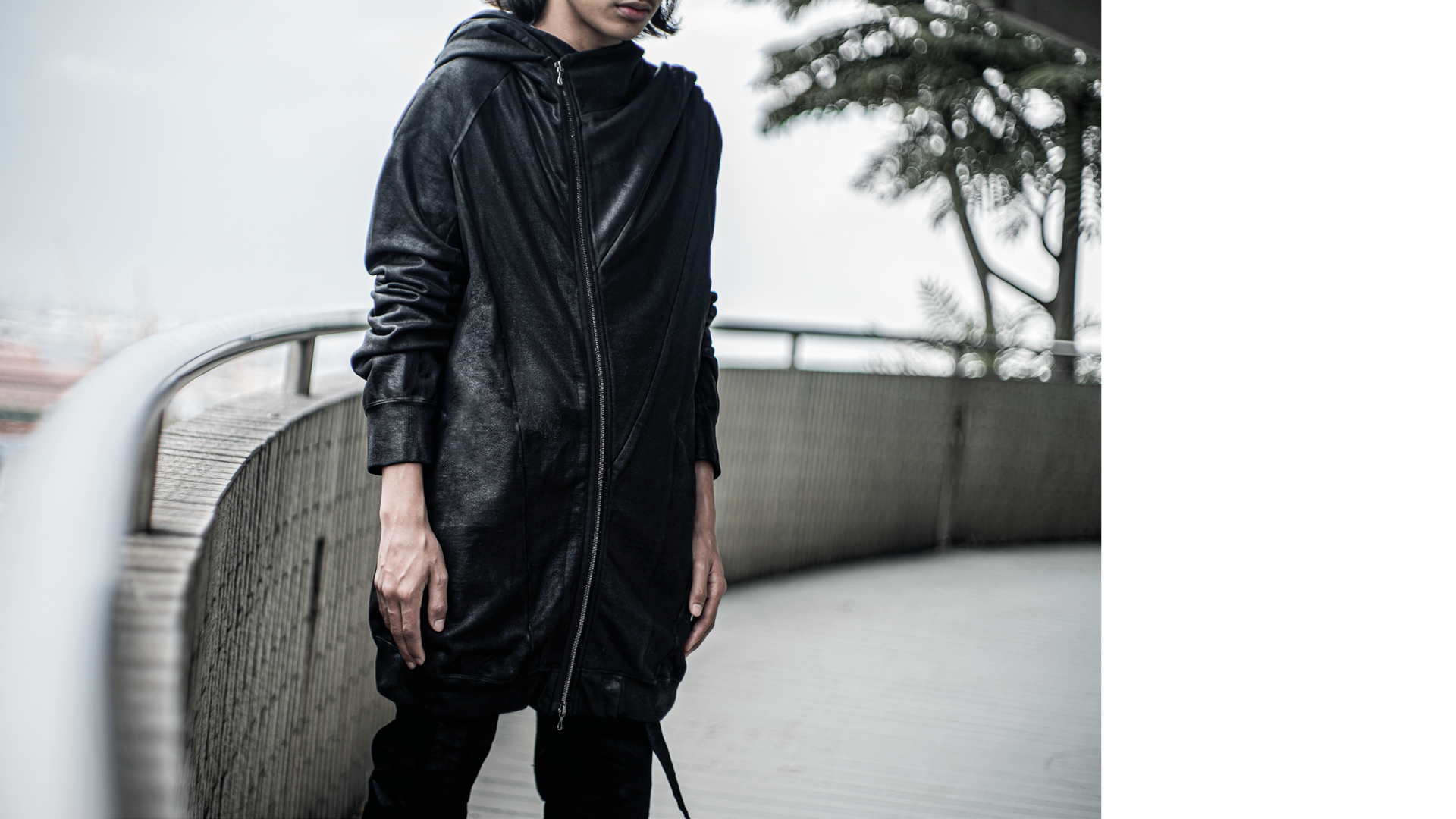
One can see how easily these garments become staples in any wardrobe. For the less experimental, his finely cut tee-shirts are a good starting point into his world which he likes to describe as “Neo-Tokyo”. Envision a post-apocalyptic, technology ravaged future, reminiscent of the scenes of cult film Akira. This is the backdrop he envisions his design in. Not only does the brand have a clear point of view, it also speaks of his approach to design and how the wearers experience them.
Deeply influenced by the teachings of Zen philosophy and the aesthetic it follows, Horikawa aligns with intense creators who draw inspiration from spirituality much like South Korean film maker Kim Ki-Duk, whose 2003 epic Spring Summer Autumn Winter captures stillness and chaos simultaneously.
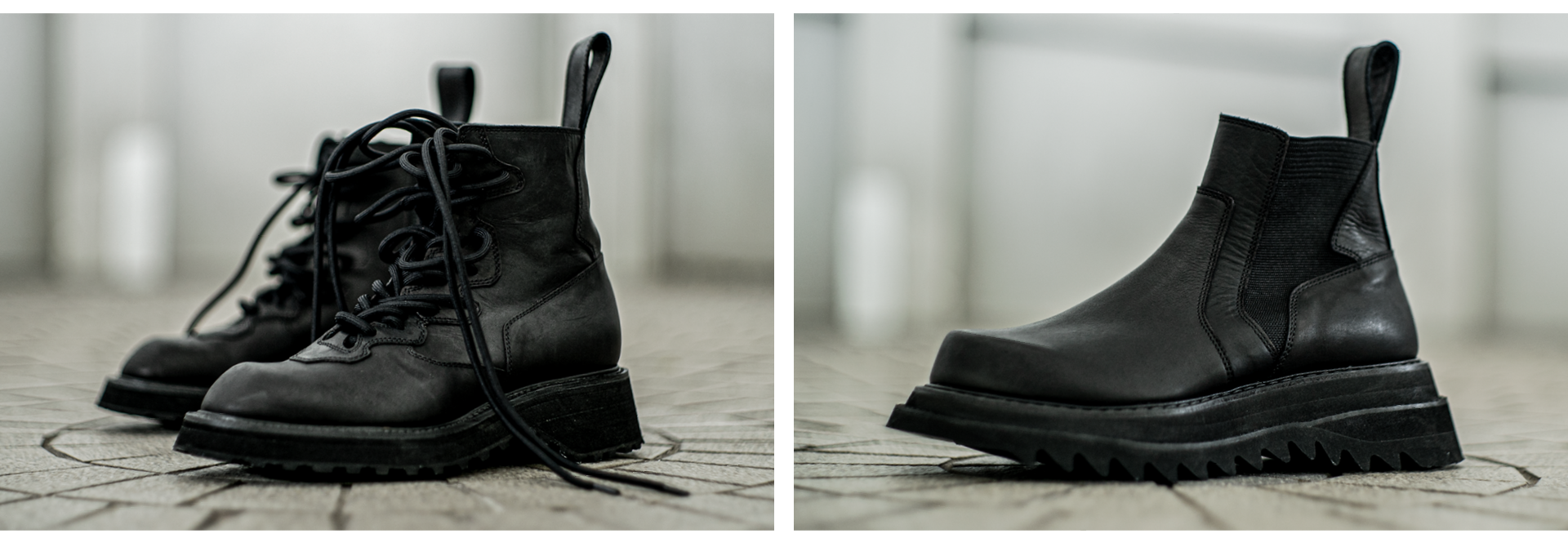
The architecture that supports these garments is the brand’s more obscure signature. Complete thoughtfulness is put into the work, even seemingly casual pieces fit just right on the wearer. Even garments with wider silhouettes are cut in a way that the fabric falls into a calculated drape, complementary to the body line. Horikawa reveals that all his designs and samples are worn at length by himself and the team before going into the collection. Whilst most fashion houses have models to do fittings, a more personal touch allows them to understand intimately the psychology of wearing one of his pieces. Getting precise feedback allows the team to troubleshoot and pick off pieces that do not fit into his vision.
Horikawa’s absolutist approach to detail also influences Horikawa’s stores in three of his favoured cities, Tokyo, Shanghai and Hong Kong. Cities which also hold cultural affinity with the disturbing tech future he envisions. The spaces and furniture are designed inhouse in only black and white. Julius undoubtedly has a quiet but sizeable following internationally. It is a cult favourite amongst those looking for understated, masculine design. Julius is a do-over of the basics, fitted for the future and increasingly more so, the now.
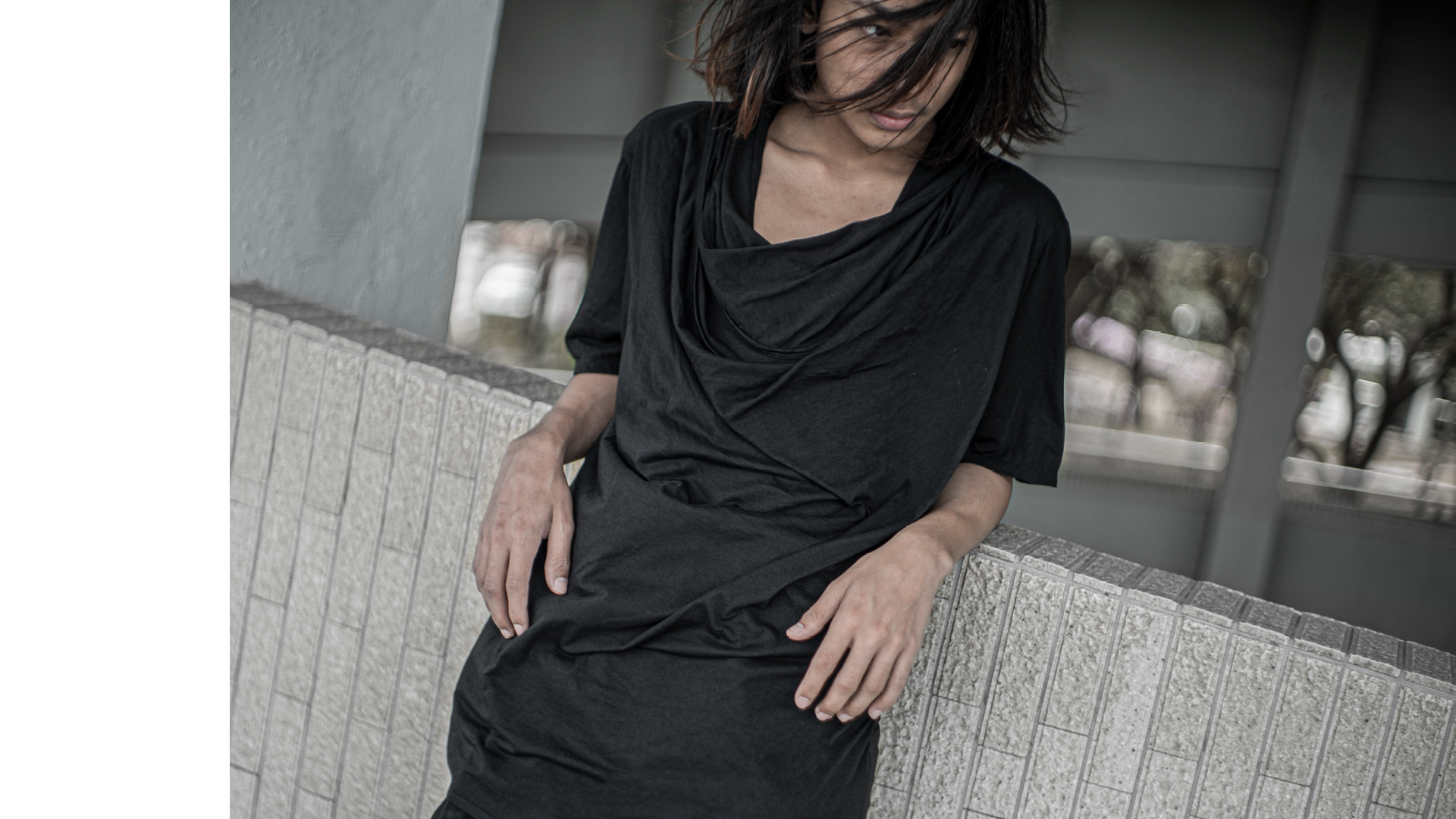
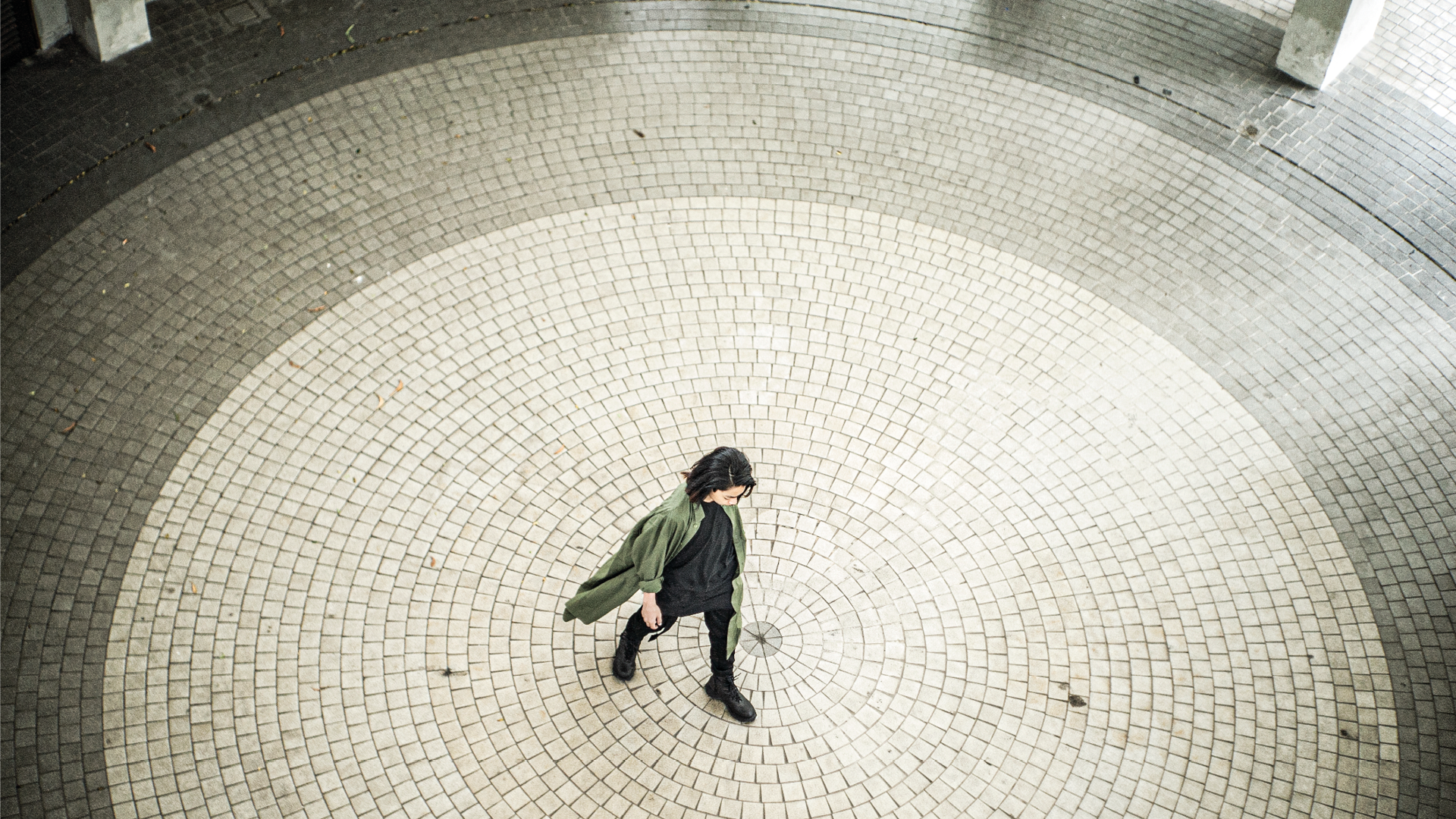
SHOP NEW ARRIVALS

